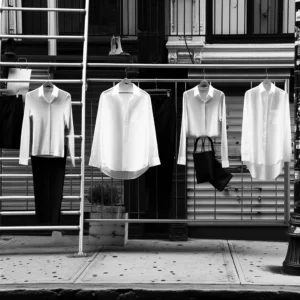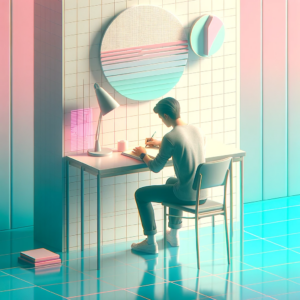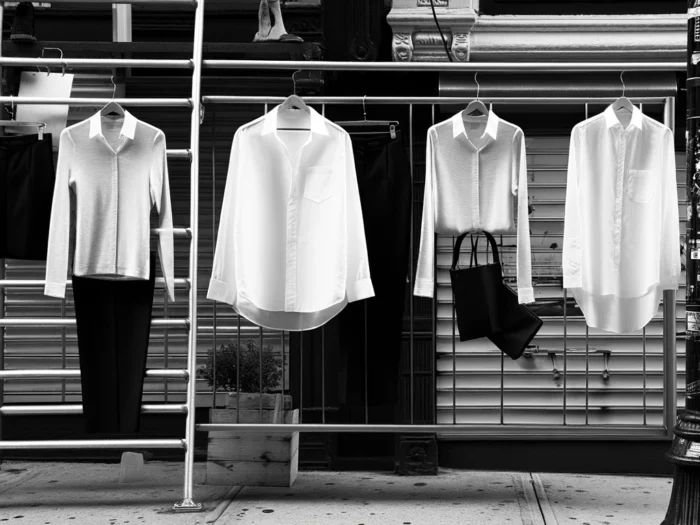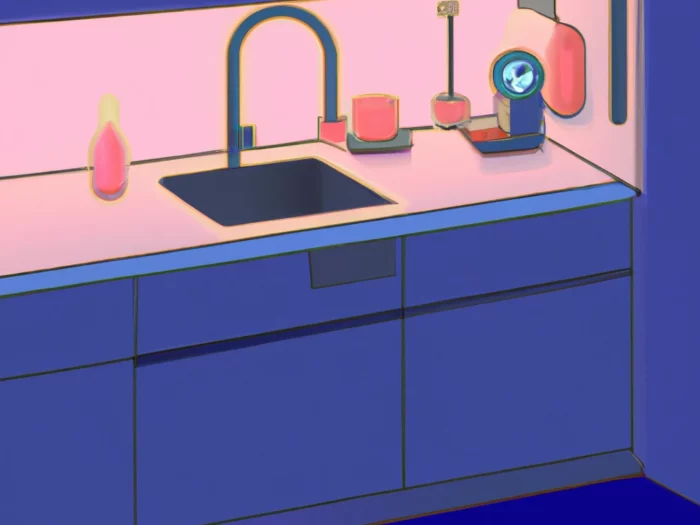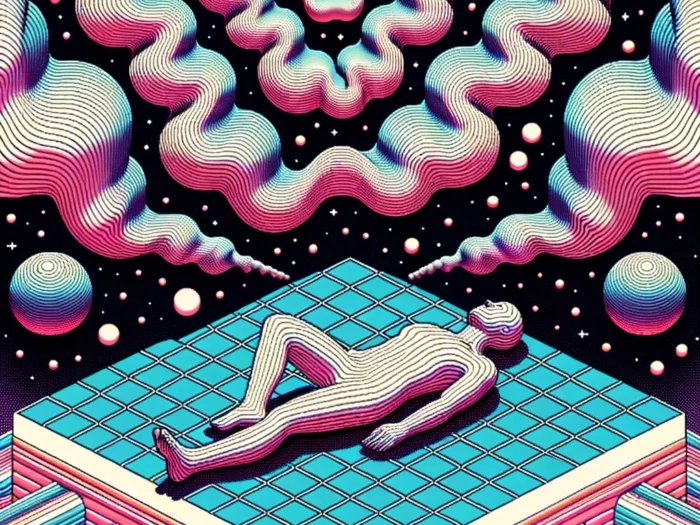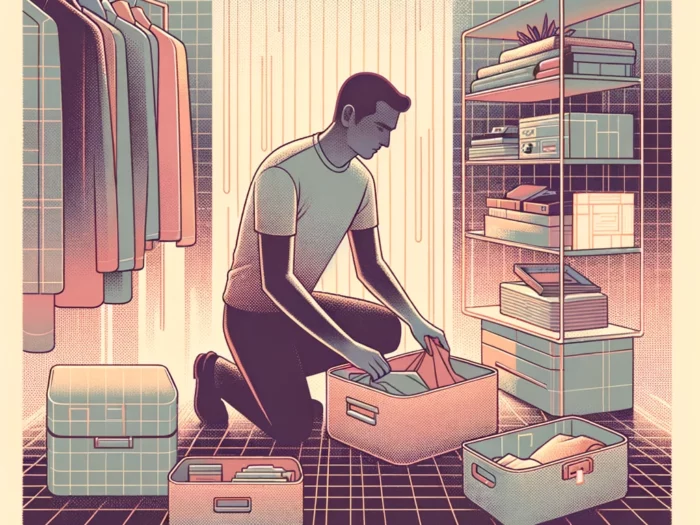If you’ve lived like an average American, you’ve probably always had more than you’ve needed. I’ve purposefully tried to keep my life simple. I spent years without a car. I lived in trailers and studio apartments throughout my twenties and thirties. I’ve learned a few minimalist strategies along the way.
To live simple is a choice. In my mid-30s, I got married and started to accumulate stuff. I thought it was what I was supposed to do. It only took a single cross-country move to change my mind. My days of living large were short-lived. I deliberately returned to simple living. It just made more sense.
So what have I learned? Minimalist living is smart. It saves you time, money, and energy, but it’s not always easy. We’re quick to give into societal pressures. People and advertisers will tell you that you need something and you’ll believe them. I decided to stop believing them.
Try These 10 Minimalist Strategies
- Don’t collect stuff: I’ve had a few collections over the years. I love to read and listen to music. When I had to haul all those books and CDs across the country, I changed my mind quick. Now, I sell, trade, and give away collections. Collecting stuff only leads to extra weight and clutter.
- Only own one vehicle: There was a time when I had four vehicles. I won’t go into the details of how that happened, but I quickly saw the foolishness of having too many cars. I sold three of them. I’ve only owned one vehicle since. When my daughter gets a little older, I’d like to go back to a bicycle as my primary source of transportation.
- Practice simple hobbies: Some hobbies are big: boats, snowmobiles, and four-wheelers are all oversized hobbies that create excessive use of space and energy. On the other hand, writing, photography, and playing the ukulele are small, simple hobbies.
- Shun convenience: I don’t own a microwave. I have very few kitchen appliances. I do things the old-fashioned way: by hand. I don’t have a bunch of power tools. I shun the idea of buying things just because they’ll make life easier. They also take up space and make you lazier. I use a reel mower to mow the lawn and I trim the grass with hand clippers. It’s more peaceful and adds extra exercise into daily living.
- Limit technology: When I was a kid, we had a TV, a radio and a land-line telephone. Look at how many devices and media plans we can rack up now. I keep my technology limited. I have a TV, a smart phone, and a laptop. I use the minimum smart-phone data plan. I have cable-based Internet. That’s about it.
- Consider needs before you buy: Like most of you, I’ve bought things based on wants. I’ve bought things just because they were on sale or they looked cool. Many of those products were cheap. The novelty wore off. They wound up getting broken or going unused. I’ve learned to be very critical about purchases. Before you buy, ask yourself if the product is something you really need. Will it be something you’d hand down to your kids?
- Choose quality over price: Being a minimalist doesn’t mean you’re cheap. I’ve learned to choose quality over price. I’d rather buy a $300 coat that will last 20 years than a $50 coat that will only last one season. I prefer one expensive pair of shoes over several cheap pair. Quality products last longer and save you money in the long run.
- Think small: I like small stuff. I like small houses, small cars, small furniture, small musical instruments, lightweight camping gear, and small technology. You’ve heard the old saying, “bigger is better.” I disagree. I’d hate to have to try to survive hauling a bunch of big crap around. I say smaller is smarter.
- Produce, don’t consume: Being a consumer is a curse. You keep buying more. You keep consuming. When you’re a producer, you seek the simplest methods of creating your product. I write. My tools are few, and because I keep myself busy, I don’t have time to want more stuff than I really need.
- Choose people over things: Put relationships over material things. Spend time with family and friends. Talk, walk, learn from one another. When you choose people over stuff, you’ll be happier and less lonely. You also learn to be more present when you’re available for others.
Are You Ready For The Minimalist Journey?
I hope these 10 minimalist strategies help you as you continue your journey to live simple. Don’t beat yourself up if you don’t follow these 10 minimalist strategies perfectly. I’ve often found myself slipping off track over the years. It’s easy to give into cultural norms. I have to continually remind myself that living with less is best in the long run. It makes life easier, less expensive, and it helps to heal our environment.







